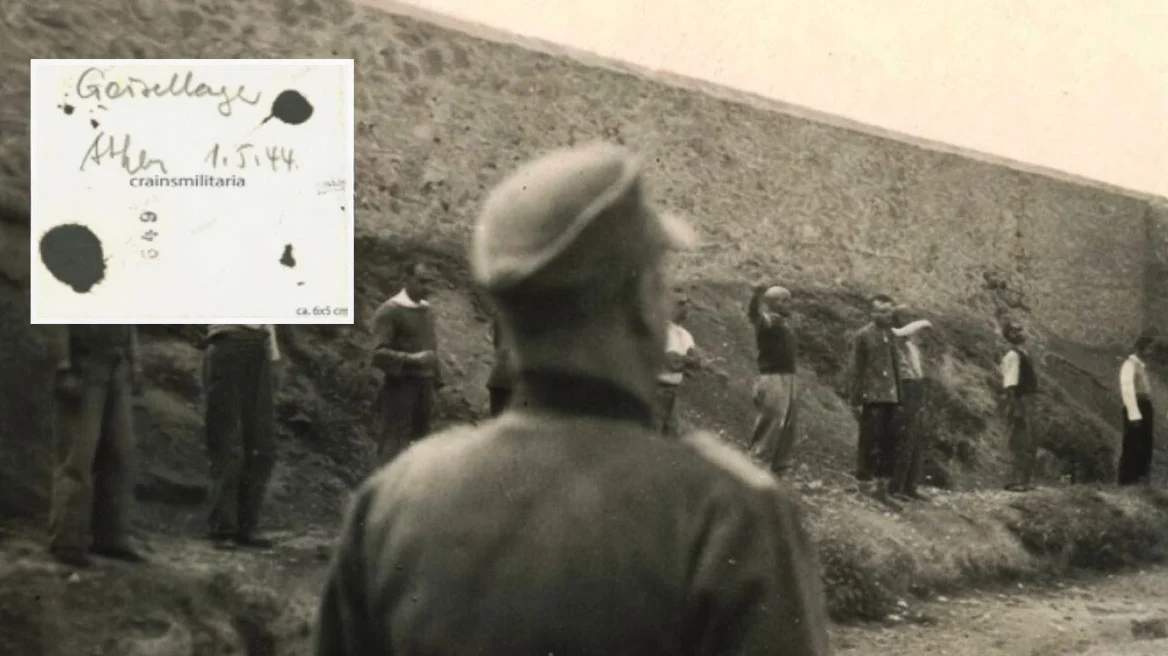What do you need to know about extra virgin olive oil (EVOO)? That depends. Most people shopping for an EVOO to use at home can taste the oil to see if they like it, consider its best-buy date, classification, and origin, then choose a dark glass bottle or tin they’ll use within 3 months. But professionals who work with EVOOs can benefit from knowing more.
Anyone involved with the production, purchase, sale, marketing, and/or distribution of olive oil has good reasons for additional olive oil education. The same is true of professional chefs. Others who appreciate especially fine extra virgin olive oils with exquisite flavor and particularly noteworthy health benefits may also want to learn about olive oil tasting, which specialists call organoleptic evaluation or sensory analysis, since it uses the senses of taste and smell.
The more olive oil professionals learn about organoleptic evaluation, the more they know how to buy and use what truly suits them, to sell what is best for their customers, or to produce the best possible product. The identification of particular positive traits of an extra virgin olive oil helps to determine appropriate uses of it, while identification of specific defects in other olive oils can be linked to mistakes that can be avoided in the future.
For years, Eleftheria Germanaki, an experienced educator and judge at many international olive oil competitions, has been striving to enhance the quality of olive oil on the Greek island of Crete by helping Cretans in the olive oil sector learn more about this liquid gold. She recently organized an all-day seminar at the olive oil tasting laboratory for the Union of Agricultural Cooperatives in Rethymno, Crete which she directs.
Read more HERE
Ask me anything
Explore related questions





